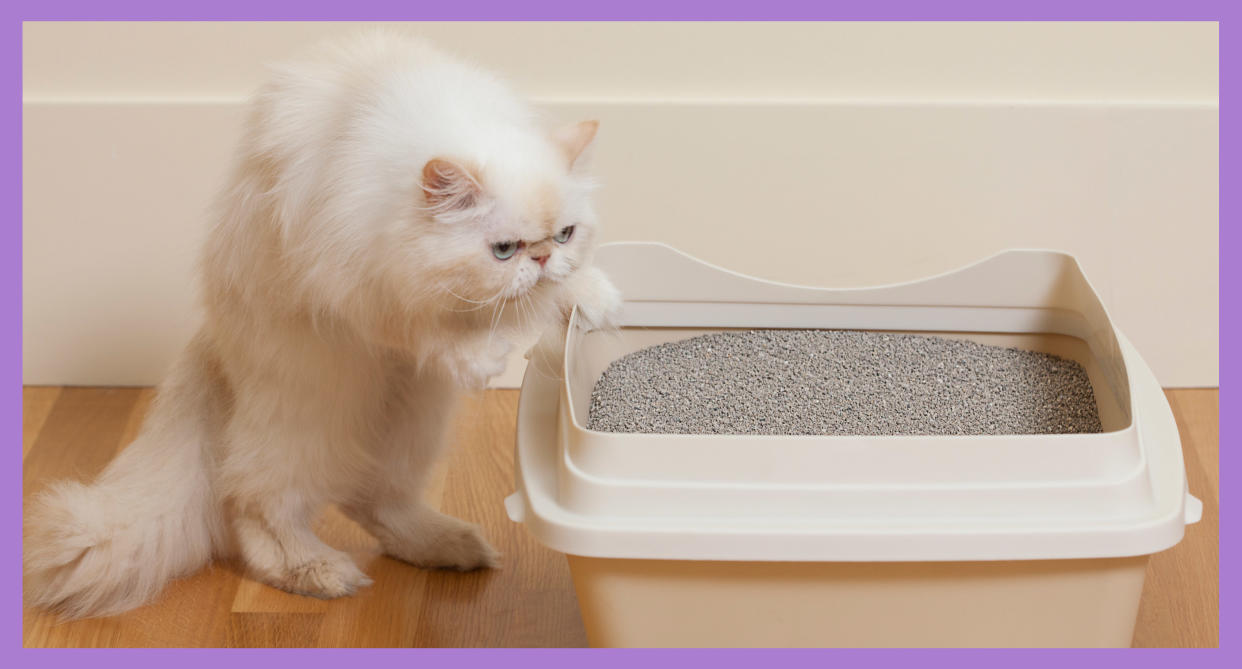Does your pet need probiotics? Here's what vets want you to know

You’ve probably tried Kombucha or a probiotic drink like Kefir, and it helped balance your gut bacteria. Probiotics are a type of “good for you” bacteria that are found in some foods and supplements. While we often think of bacteria negatively, as something that can cause illness, probiotics can keep a gut healthy.
Maybe you’ve started considering adding probiotics to your dog’s diet or cat’s food. We asked a few experts to explain how animals with digestion issues can be aided by probiotics, and the microflora in probiotics can help balance the bacteria in your pet’s gut.
What are benefits of probiotics for your pet?
Probiotics are still being studied, but they can offer benefits for stomach issues. However, they aren’t necessarily for every animal.
“Probiotics in general may have some benefits, particularly for animals with digestive issues,” says Lisa M. Freeman, Board Certified Veterinary Nutritionist and professor at Cummings School of Veterinary Medicine at Tufts University. “But probiotics are actually being investigated for a lot of different issues. Everything from behavior to kidney disease and immune function.”
“If you have a pet that does have problems with their GI [gastrointestinal] tract,” adds Hyunmin Kim, DVM, veterinary staff manager, Community Medicine of the American Society for the Prevention of Cruelty to Animals, “then it definitely can be a benefit. I wouldn't necessarily give probiotics to a healthy animal because they don't need it.
When should you try giving your pet probiotics?
The benefits can be helpful for bowel disease and shorter term use, such as helping with temporary soft stools.
“So an animal that would benefit from it is, for example,” explains Kim, “is one that has inflammatory bowel disease because studies have shown that the probiotic bacteria appeared to alter the immune response, as in inflammatory response of the gastrointestinal tract. So that's definitely a benefit.”
Kim also notes that probiotics can help in the shorter term, for an upset stomach, “We all have a pet that had diarrhea or soft stools. It can definitely help them as well because the probiotics are basically kind of giving your animals live microorganisms that are going to help recolonize their GI tract so that whatever harmful bacteria overgrowing and causing this GI problem, to get them out of there and recolonize it with the normal bacteria.”
Which probiotic products should you use?
Can you just give your dog a bit of your probiotic yogurt? Not exactly.
Freeman urges caution when looking for a probiotic supplement or food, saying, “The two categories would be probiotics that you give separately versus probiotics that are included in the diet. It's very hard to ensure quality control of those probiotics because whether it's a pet food or a supplement, they're going to go through a lot of preparation to get them to the shelf.”
You want to make sure it is the right product for your pet’s needs, according to Freeman. “And so making sure that it has the right levels, the right specific type of bacteria, and good quality control, that what it says on the label is actually in that product is really challenging to do.”
Kim agrees, saying simply, “I would recommend going with a veterinary product. I know one that's been out for a long time is Purina FortiFlora, purely meant for the flora, which they have for canine and feline.”
Always discuss any changes in your pet’s diet with your vet
Adding a supplement to your pet’s food isn’t something you should venture into without discussing with your vet, who knows your animal and is familiar with their care.
“Talk to your veterinarian to find out first of all, is a probiotic right for your pet, but secondly, what's the right probiotic? Then you want to get a specific brand and dose and type of bacteria that will be most likely to be effective,” says Freeman. “I think the same goes for pet foods. It can be very difficult to have the probiotics that you put in pet food be there when you actually feed it to the pet. And while some pet foods have it on the label, there have been studies that show that it isn't always in the end product. So talking to your veterinarian to find out a specific product that has the probiotics that you would want to have for your pet.”


